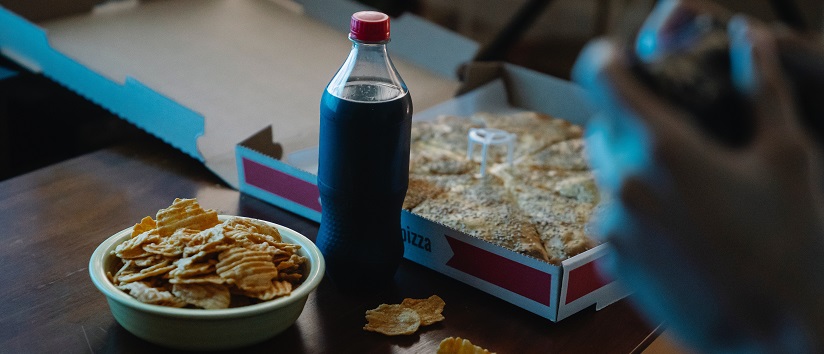Pavilion Publishing and Media Ltd
Blue Sky Offices Shoreham, 25 Cecil Pashley Way, Shoreham-by-Sea, West Sussex, BN43 5FF, UNITED KINGDOM
Timing of snacks is ‘simple strategy’ to improve health
Latest research from ZOE PREDICT study found that a quarter of people are undoing the benefits of healthy meals with unhealthy snacks, which increases the risk of strokes and cardiovascular disease.
The latest research from the ZOE PREDICT study found that a quarter of people are undoing the benefits of healthy meals with unhealthy snacks, which increases the risk of strokes and cardiovascular disease.
The study published in the European Journal of Nutrition also found that snack quality and timing of consumption are simple diet features which may be targeted to improve diet quality, with potential health benefits.
The researchers from the School of Life Course & Population Sciences and ZOE looked at the snacking habits of 854 people from the ZOE PREDICT study. They found that half of the participants do not match the healthiness of their meals to their snacks and vice versa. This difference has a negative effect on health measures, such as blood sugar and fat levels, and addressing this could be a simple diet strategy to improve health.
Dr Sarah Berry from King’s College London and chief scientist at ZOE said: “Considering 95% of us snack, and that nearly a quarter of our calories come from snacks, swapping unhealthy snacks such as cookies, crisps and cakes to healthy snacks like fruit and nuts is a really simple way to improve your health.”
Good quality snacks can decrease hunger
The PREDICT Programme is a collection of nutrition studies and the analysis shows that 24% of our daily energy intake is from snacks such as cereal bars, pastries and fruit. The average daily snack intake in people who snack – 95% of the cohort – was 2.28 snacks a day, with 47% of people eating two snacks a day and 29% of people eating more than two.
People who ate high-quality snacks like nuts and fresh fruits frequently were more likely to have a healthy weight compared to those who don’t snack at all or those who snack on unhealthy foods. Analysis also showed good quality snacks can also result in better metabolic health and decreased hunger.
However, a quarter (26%) of the participants reported eating healthy main meals and poor-quality snacks. Poor-quality snacks, such as highly processed food and sugary treats, were associated with poorer health markers and left people feeling hungry. Unhealthy snacks were linked with higher BMI, higher visceral fat mass and higher postprandial – the period after eating a meal – triglycerides concentrations, all of which are associated with metabolic disease such as stroke, cardiovascular disease and obesity.
The most popular snacks consumed were cookies, fruit, nuts and seeds, cheese and butter, cakes and pies and granola or cereal bars. The greatest contribution to calorie intake were cakes and pies (14%), breakfast cereals (13%), ice cream and frozen dairy desserts (12%), donuts and pastries (12%), candy (11%), cookies and brownies (11%), nuts and seeds (11%).
The timing of the snacking can also be crucial to your health, as analysis showed snacking after 9pm was associated with poorer blood markers compared to all other snacking times. Snackers at this time tended to eat energy-dense foods which were high in fat and sugar.
Dr Kate Bermingham from King’s College London and senior scientist at ZOE said: “This study contributes to the existing literature that food quality is the driving factor in positive health outcomes from food. Making sure we eat a balanced diet of fruit, vegetables, protein and legumes is the best way to improve your health.”



